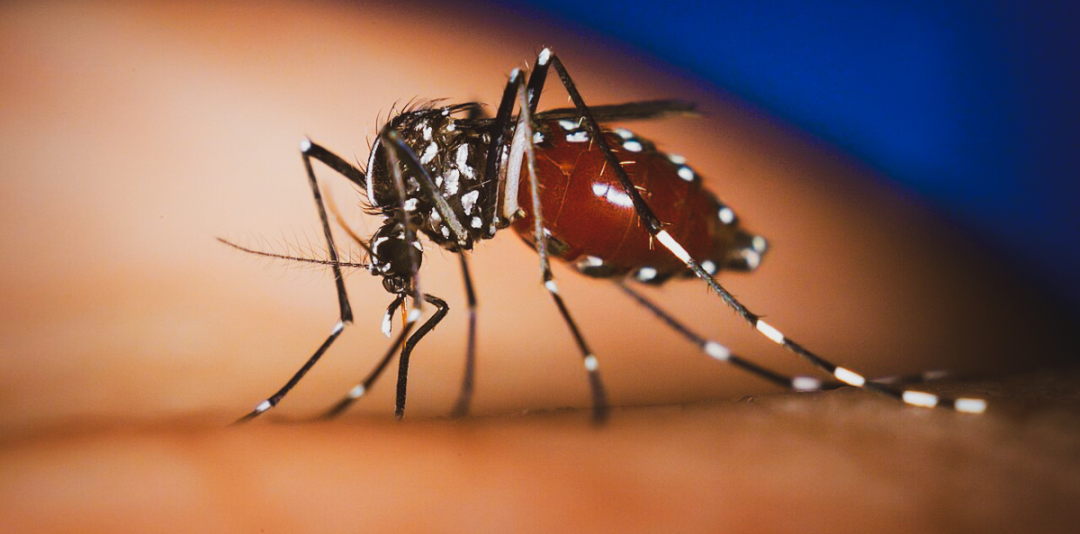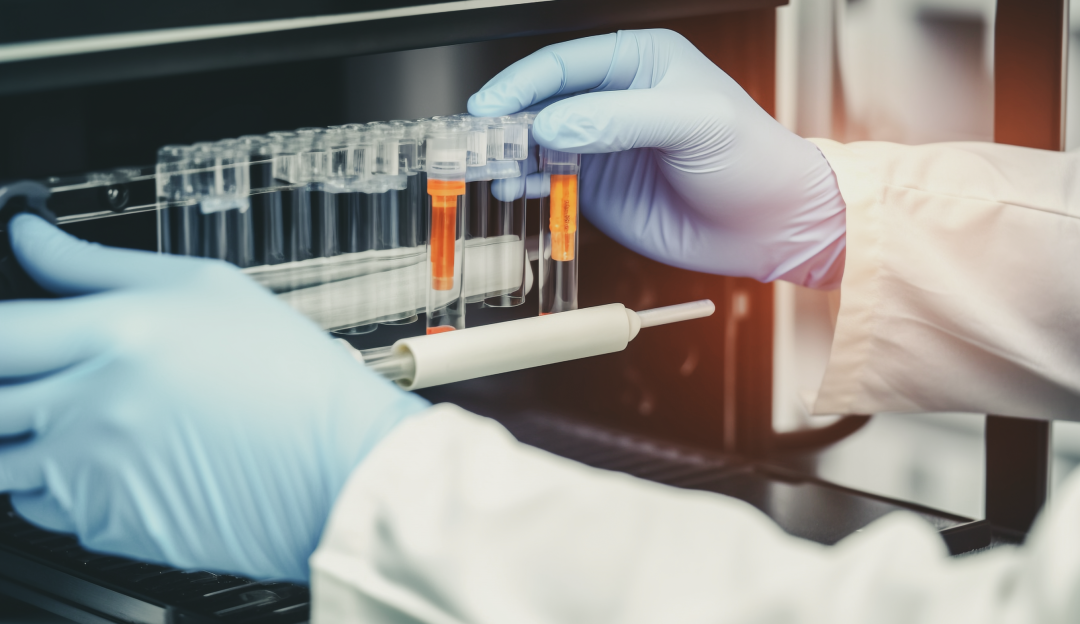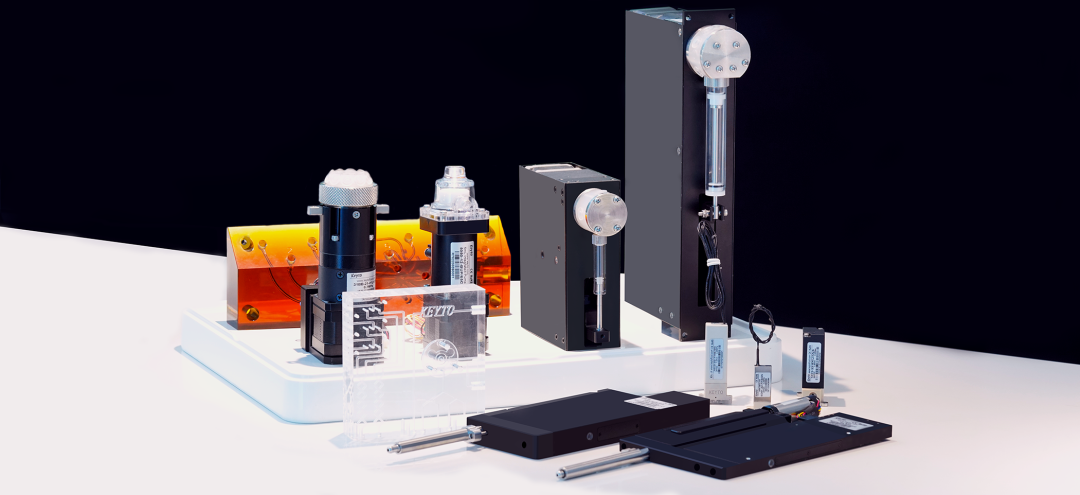-
Home
-
Products and Solutions
-
Keyto Global
-
News Center
-
Service Support
-
About Us
-
Contact Us
-
语言



In July 2025, the city of Foshan in Guangdong Province found itself at the epicenter of a rapidly escalating public health crisis: a severe outbreak of Chikungunya fever. With over 4,824 confirmed cases and rapid spread to neighboring cities like Macau, Guangzhou, and Zhongshan, the entire province activated emergency control protocols. The World Health Organization (WHO) issued alerts warning that 119 countries face the potential risk of Chikungunya virus transmission.
As the virus surges across regions, early and accurate detection becomes the cornerstone of public health defense. In this article, we’ll break down everything from detection processes to recommended diagnostic instruments and fluid control systems.
Chikungunya virus (CHIKV) is a mosquito-borne alphavirus belonging to the Togaviridae family. It causes Chikungunya fever, a condition that's often mistaken for dengue or Zika due to symptom similarities.
The virus is transmitted primarily through the bite of infected Aedes mosquitoes, particularly Aedes aegypti and Aedes albopictus. These are the same mosquitoes responsible for dengue and Zika virus transmission.

Pipetting Workstations
Centrifuges
Biological Safety Cabinets
Automated RNA Extractors
Real-Time PCR Machines
Next-Gen Sequencing Platforms
ELISA Workstations
Microplate Washers
Colloidal Gold Strip Readers
8–16 channel linked modules
Independent 8-channel or 96-channel options
Temperature control modules
Disposable tip heads
Benefits:
Precision sample control
Contamination-free sampling
High-throughput capability
Rotary valves
Syringe pumps
Diaphragm pumps
Solenoid valves
Benefits:
Reliable fluid switching
Accurate liquid handling
Compatible with assay-specific kits
Wide selection of joints and flexible tubing
Benefits:
Seamless integration with instruments
Durable and leak-proof connections
The Chikungunya outbreak in Guangdong underscores the urgent need for reliable, scalable, and smart diagnostic tools. With the right instruments and fluidic systems in place, early detection and containment are possible—saving lives and reducing the healthcare burden.
Keyto, through its innovative microfluidic solutions, is empowering laboratories and healthcare systems to act fast and efficiently. By pushing the boundaries of what’s possible in fluidic control, we can stand stronger against vector-borne epidemics like Chikungunya.